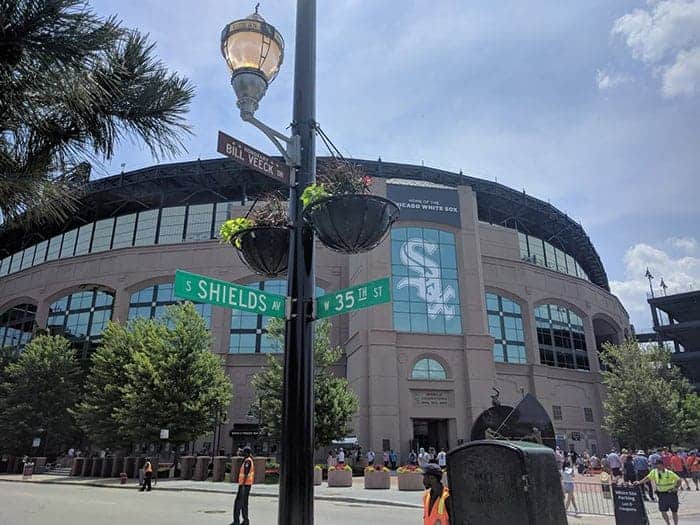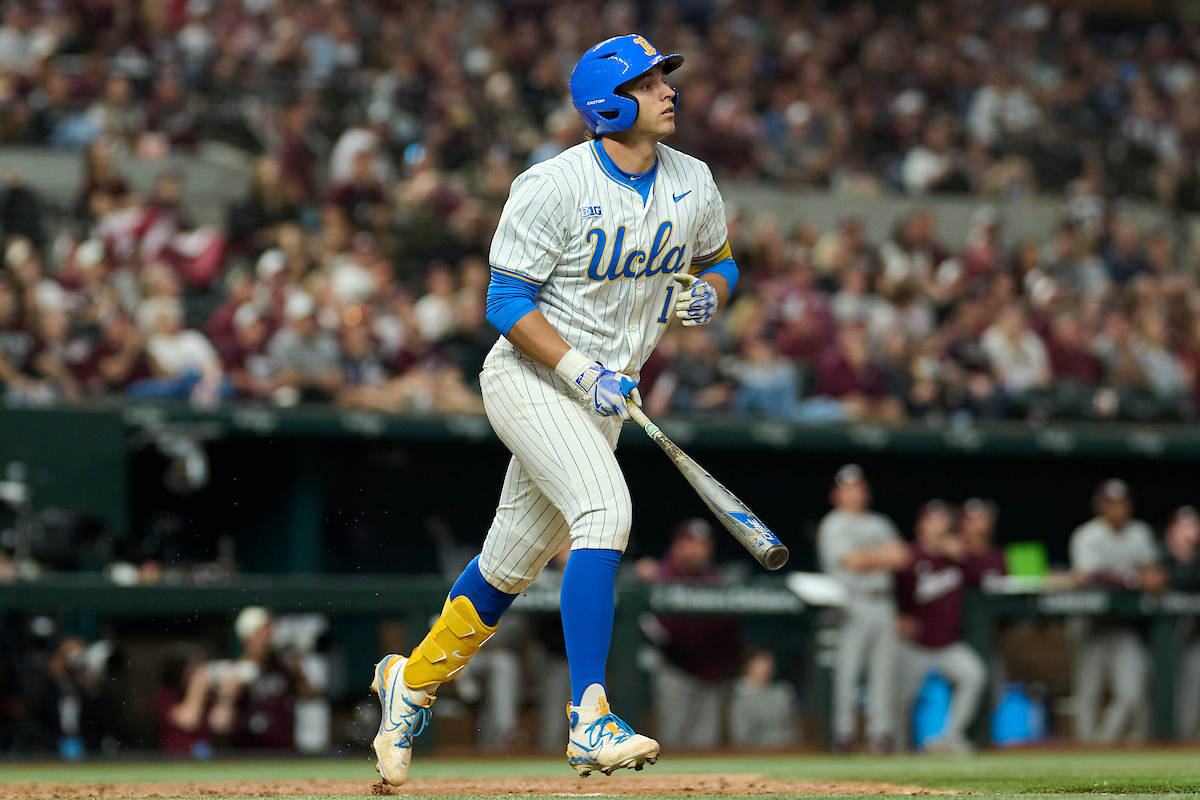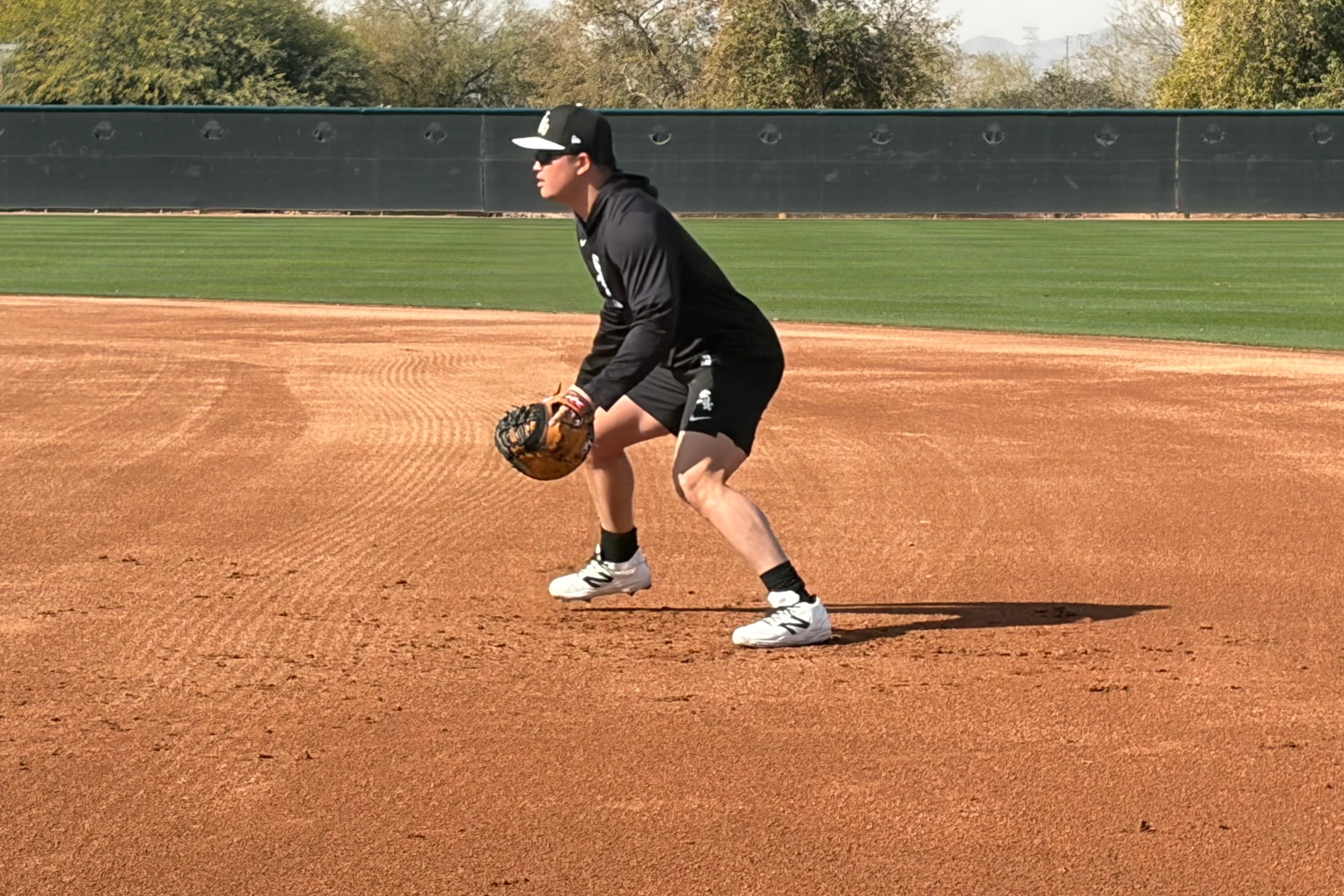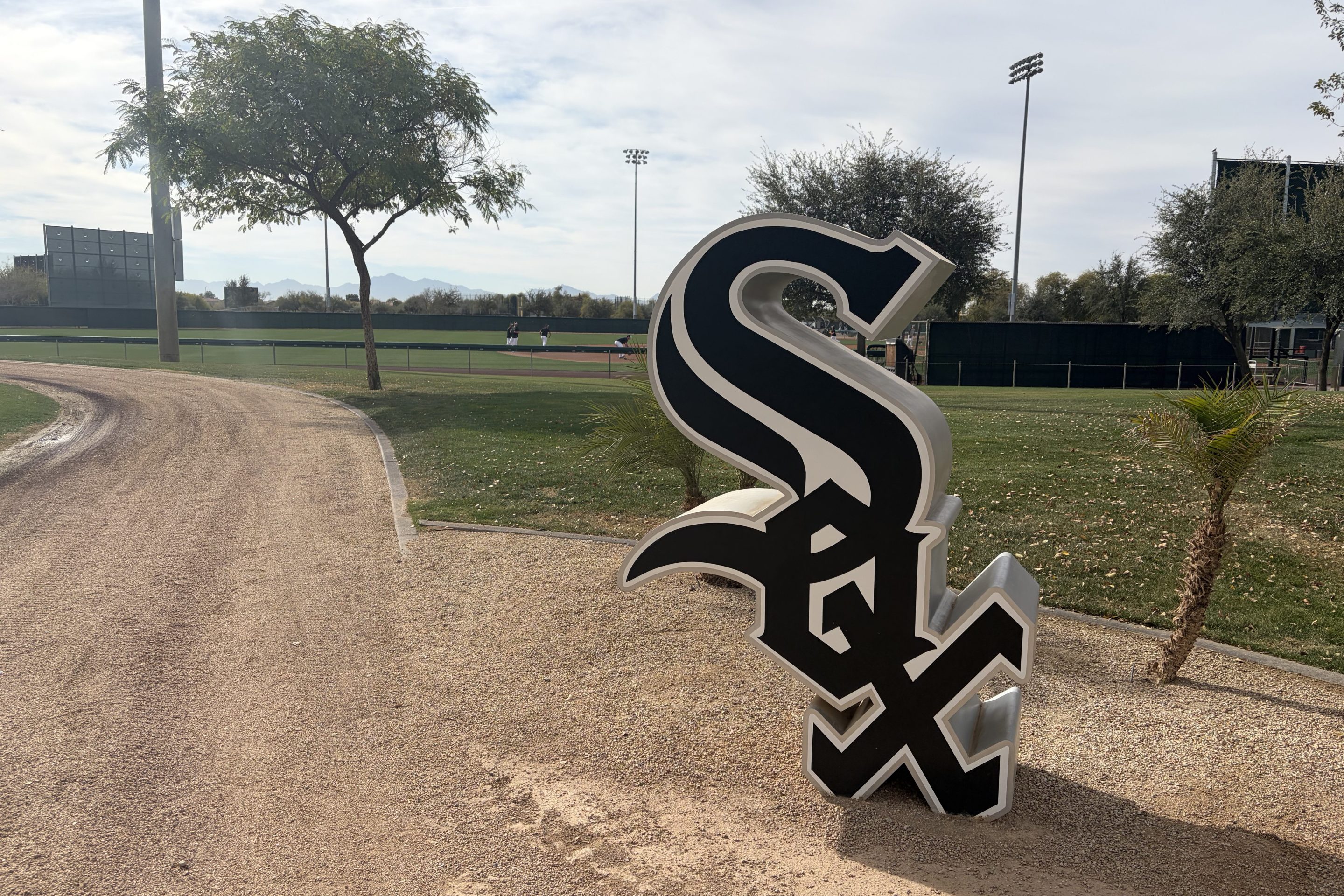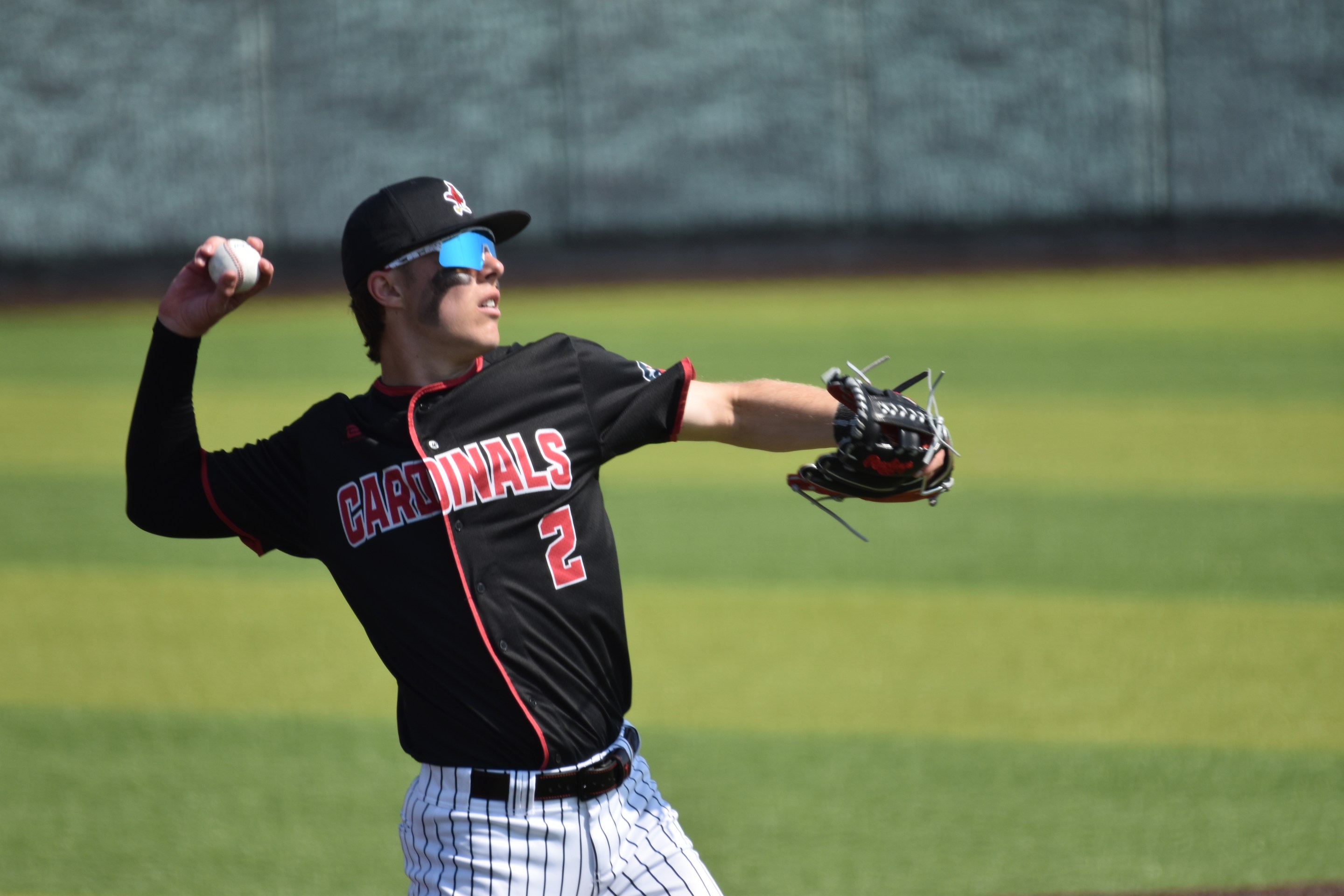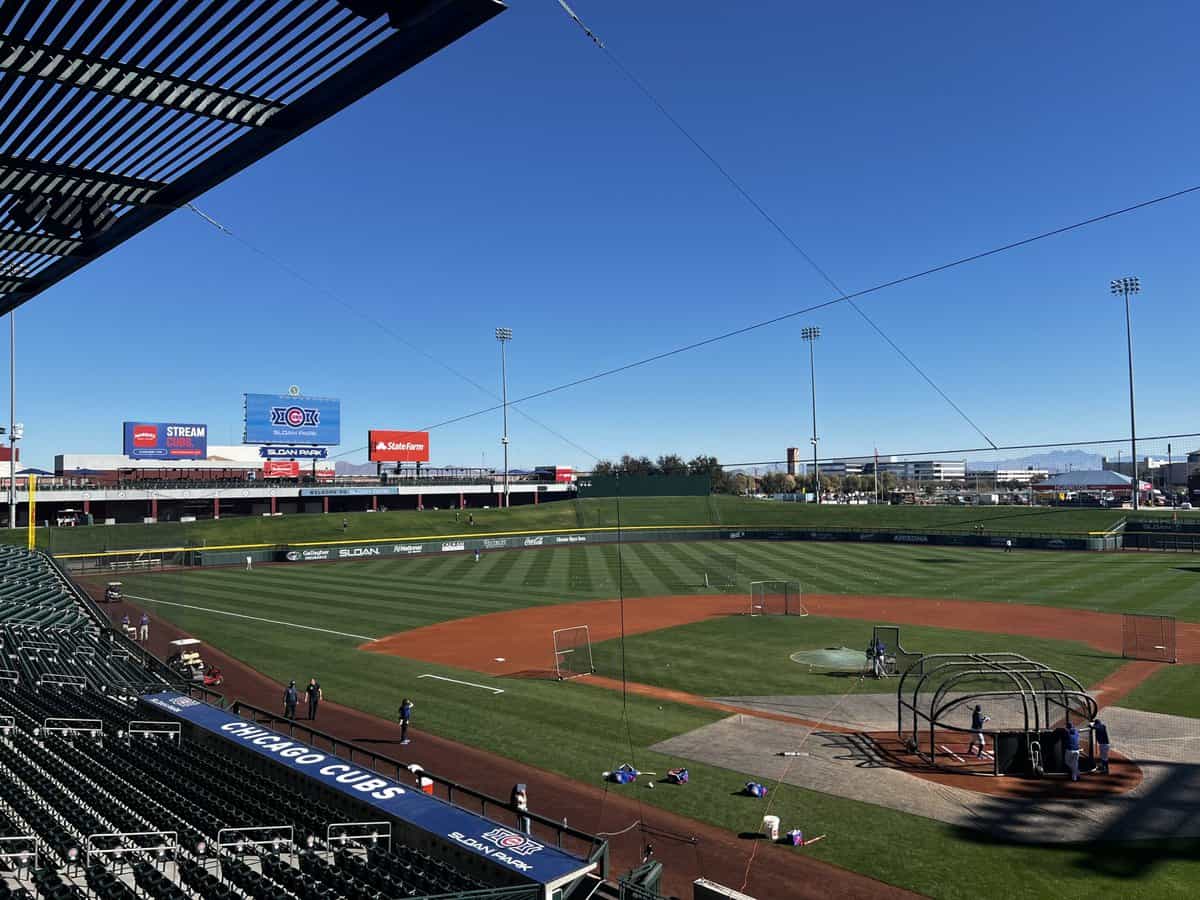In his explanation of the otherwise random-seeming trade for Yonder Alonso, Rick Hahn insisted that the transaction was "a baseball deal." Sure, that describes every trade besides Swisher-for-Marquez, but specific to this case, Hahn meant that Alonso was acquired primarily for his baseball skills, and not because he's Manny Machado's brother-in-law.
The Chicago baseball writers privy to a conference call with Alonso on Monday weren't buying it.
That's not the kind of introduction most credible ballplayers expect with a new city, but to his credit, Alonso didn't shy away from the questions. He didn't speak for Machado, but he told reporters how he saw it.
“Obviously for me to be in such a great organization, great team, we understand that he’s obviously going to be meeting with other teams, including Chicago, the White Sox,” Alonso said in his introductory conference call to the Chicago media, which tilted around 70/30 in favor of questions about his sister’s husband. “We live two blocks away from each other in Miami. It will be very, very nice to also be neighbors on the South Side. I know he’s very excited for me, his whole family is very excited for me. And we feel like it’s a once in a lifetime opportunity. He’s going to do his thing, he’s going to obviously do what’s best for his family, but we all understand that we have a very tight family and we definitely would like to reach the playoffs. Maybe in the future play alongside each other.”
It's easy to understand the distraction in play, because Alonso isn't all that captivating by himself. His existential question is whether his production will resemble the first half of his 2017 season (.275/.372/.562), or the three baseball halves since (.251/.327/.420). The latter hitter is a slightly below-average starter, and thus not all that compelling.
Really, the most interesting angle with Alonso is whether that player is worth jostling Jose Abreu from his preferred spot. Alonso is the better defender, but he hasn't graded out as elite since 2015.
He spoke about Abreu, which Daryl Van Schouwen relayed on Twitter:
Neither Van Schouwen nor anybody else put that in their stories, though, because Machado's meeting at Guaranteed Rate Field was the story of the day, even if the only story to come out of the meeting so far was the stakeout of Machado itself.
As for that story, James Fegan told it the best:
In the brief window of time he was visible to the public between pulling into Lot D and ducking in for the first of a multi-stop tour of the city (Dinner at Gibson’s? Manny’s Deli? The Stony Island Harold’s Chicken?), Machado combatted his reputation of being allergic to hustle by swiftly eluding The Score’s Bruce Levine and two cameramen. The next time Machado drops by the South Side, though, be assured Bruce will get him.
* * * * * * * * *
Another interesting element of the Alonso trade that had nothing to do with Alonso: the financial relief Cleveland received by moving his $9 million obligation.
It remains to be seen how the Indians will best exercise it -- perhaps it just allows them to keep Corey Kluber and Trevor Bauer.
While Alonso's salary was still on their books, it may have prevented the Indians from extending a qualifying offer to Michael Brantley, but it didn't cost them a first-round draft pick. Even without any kind of compensation attached, Brantley is reportedly signing with the Houston Astros for just two years and $32 million.
Unless Brantley really wanted to join the Astros, the qualifying offer turned out to be the market rate. Either way, the total sum was well below the $50 million needed to gain a sandwich pick after the first round. Instead, it cost them a pick around No. 80 or so.
